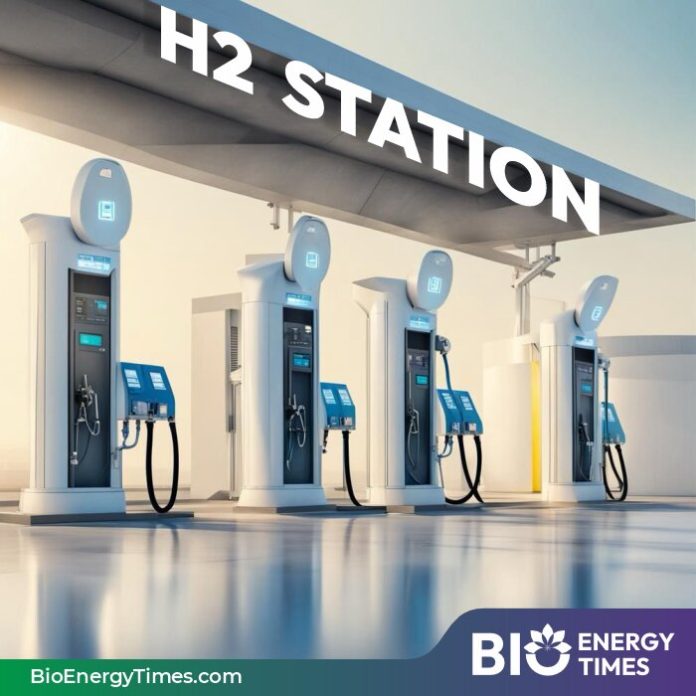Southwest Research Institute (SwRI) has developed new methods for evaluating the performance and efficiency of fuel cell technology in hydrogen-powered vehicles without the need for test tracks or dynamometers.
SwRI has created a novel controller system for hydrogen-powered vehicles that grants full authority over their fuel cell engines. Now, engineers can extract fuel cell stacks from a vehicle and rigorously test their reactions to both normal and extreme driving conditions without physically running the vehicle. These tests are driving the creation of algorithms to help ensure the performance and efficiency of these vehicles.
In hydrogen-powered vehicles, fuel cells stacked together convert hydrogen gas into electricity through a chemical reaction. Water and heat are the only byproducts. This makes these vehicles attractive for reducing carbon emissions while ensuring long range and short refueling times. SwRI’s controller system precisely manages the full range of the system’s operations, such as its fuel flow rates, air flow rates and temperatures. Being able to simulate different operations on the engine directly eliminates the need to run vehicles on roads for benchmarking and analysis.
The internally funded project began with a complete analysis of a hydrogen fuel cell-powered consumer vehicle to understand the internal mechanisms that run its system. The team then extracted the fuel stack from the vehicle and installed it in a controlled environment to assess performance.“Using our controller to manipulate functions, we can run the stacks under more extreme conditions than what the vehicle’s safety controls normally allow. This gives us a sense of how it might perform under stressors we couldn’t otherwise evaluate,” said Matthew Kubesh, one of the project’s lead investigators in SwRI’s Low Carbon Technologies Section. “Using this knowledge, we can scale up the results and apply them to help evaluate and improve the fuel cell stacks used for heavy-duty applications.”
Over the three phases of the project so far, SwRI has fully analyzed the stack configuration and developed new testing methods. The SwRI team is now focusing on developing predictive control models to improve fuel cell humidity management. Maintaining proper humidity levels enhances fuel cell performance.
“Too much humidity can lead to flooding and performance deterioration. Too little moisture creates high internal resistance in the fuel cell stack, which can lead to inefficiencies, degradation and potential catastrophic events,” said Venkata Chundru, a senior research engineer in SwRI’s Advanced Algorithms Section. “Our focus is replicating and extending the stack’s existing performance by dynamically adjusting the fuel-to-air ratio, achieving better humidity management.”As the project continues, SwRI is exploring new control models and potential collaboration with commercial clients to test more complex, multi-stack setups designed for heavy-duty vehicles.
“The future of fuel cells largely lies in heavy-duty applications,” said Chundru. “To make them commercially viable, we need controllers that can manage the system efficiently and reliably under extreme operational conditions. This project is helping us get there.”
RELATED ARTICLES
BioEnergy Times brings the latest News & Information from India & around the world related to the BioFuels and BioEnergy.
Contact us: news@bioenergytimes.com
© Copyright 2026 BioEnergy Times














